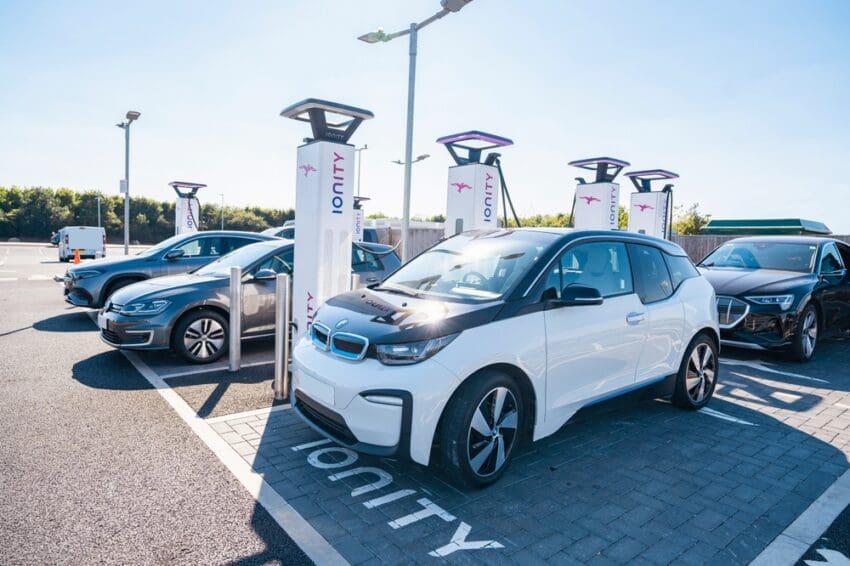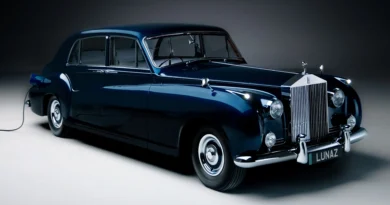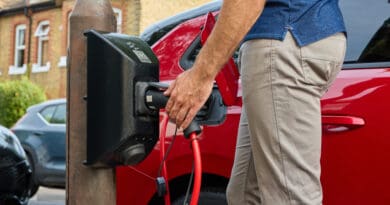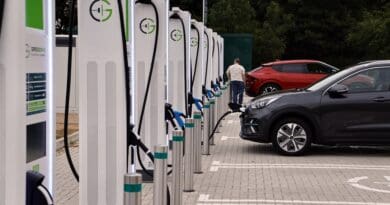
EV charging costs have fallen by up to 10% in the last year
EV charging costs have dropped in the last year across the public and private segments, according to the latest data.
The ZapMap Retail Price Index shows that between December 2023 and December 2024 there were reductions of up to 10% in the cost p/kWh cost of at-home charging. However, it also revealed that public charging costs had fallen far less.
The monthly tracker showed that the biggest shift was in the average off-peak domestic rate, which fell 10% year-on-year to around 8p/kWh. The domestic price cap in December 2024 was also 7% lower than the year before, at 25p/kWh.
For drivers using public charging the changes were less significant, particularly around the highest-speed devices. The average cost at a slow or fast charger (up to 50kW) was 53/kWh, down 4% on December 2023. However, on ultra-rapid devices there was virtually no change, with a marginal 1% decrease over the year.
The latest figures from ZapMap revealed a weighted average cost of 80/kWh at ultra-rapid devices and 53p/kWh on slow/fast chargers.
Using a Volkswagen ID.3 as an indicative average EV, ZapMap estimated that charging on the public network would cost 16p per mile using slow/fast devices and 24p per mile on ultra-rapid chargers. In both instances, that would make an EV more expensive to fuel than a petrol VW Golf, which costs an estimated 14p mile.
However, very few EV drivers rely 100% on public chargers and ZapMap’s figures were based on the most a driver could expect to pay. The mapping service pointed out that in many cases, charge point operators offer reduced costs through memberships or other offers.
It noted: “Some charge point operators will offer time-bound, location specific or partner specific promotional deals, and so for many EV drivers the actual amount they pay will be lower than the pay-as-you-go (PAYG) price. Thus we should expect that the actual average price paid for EV charging is lower than the prices above.
“In addition, whilst the weighted average rapid/ultra-rapid PAYG price is 80p/kWh, many networks across the country provide cheaper PAYG charging. These include Sainsbury’s Smart Charge (75p/kWh), Fastned (69p/kWh), Believ (66p/kWh).”
Those who charge at home also pay far less than any ICE driver, with running costs of around 2.4p per mile on an average off-peak tariff.
Based on the latest figures, ZapMap estimates that a driver who does 80% of their charging at home on an overnight tariff could save £770 a year compared with a petrol driver. Drivers who split their charging 50/50 between home and a mixture of slow and ultra-rapid public charging could still save more than £200





